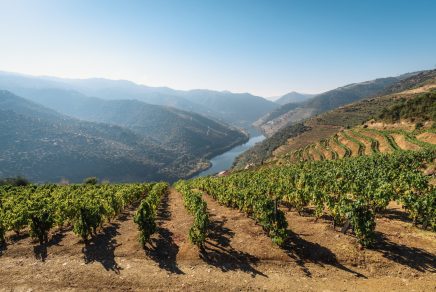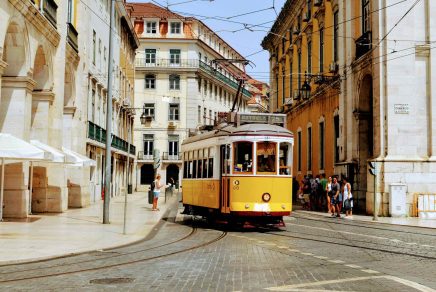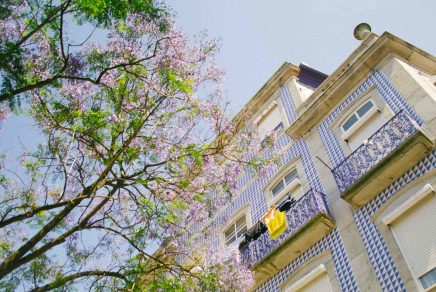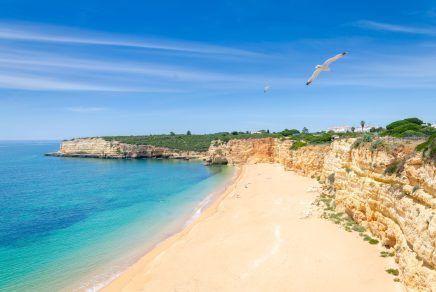It is almost no secret anymore: Portugal is trendier than ever. Recent data shared by the Portugal Tourist Board show that the number of Canadians visiting the country has doubled in the last five years. What explains this surge in popularity? There are several factors: many direct flights from Montreal to Lisbon and Faro (Algarve), Portugal’s affordability compared with other European destinations, a mild climate year-round, miles of beaches, historical villages, etc. There are plenty of reasons to discover Portugal’s two most popular regions anytime, but the trend now is to go…during the winter. And here’s why.
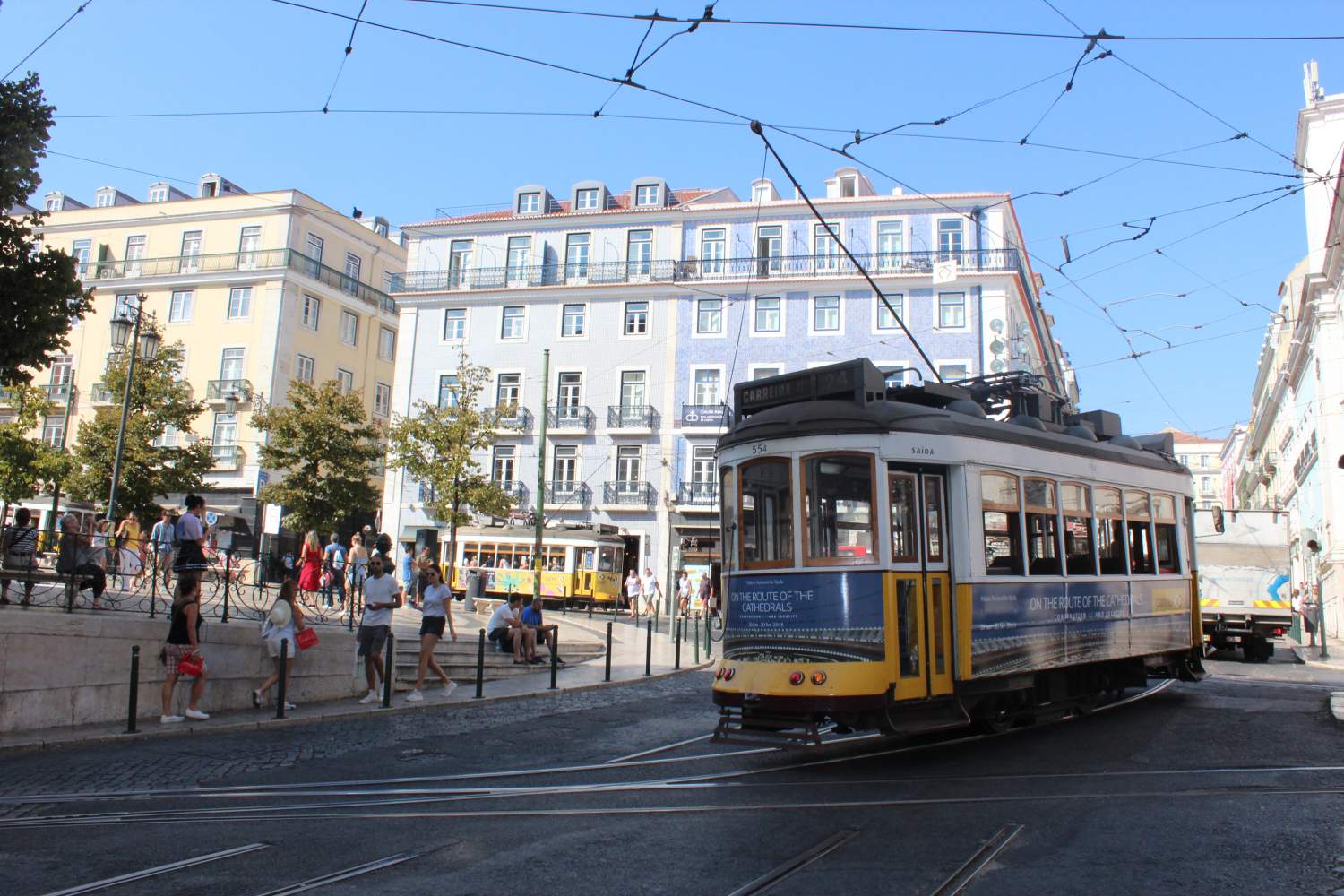
1- Enjoy winter sun
The Algarve region in the south of Portugal, known for its sandy beaches and green mountains, is a winter destination for snowbirds who have chosen to settle there during the low season to enjoy beach holidays. Recognized as a perfect long-stay destination, its many exceptional establishments, such as the vast and luxurious Pine Cliffs complex, located on top of a cliff overlooking the popular Praia da Falésia, offer luxury condo rentals and holiday homes at competitive prices during low season. At this time of year, outdoor enthusiasts can walk for miles on the renowned beaches of the Algarve and explore its mountain ranges unhindered by throngs of tourists. Remember that it is sunny for 300 days of the year in the south of Portugal and that the average winter temperature is 18°C, making for comfortable outdoor activities and long days of cultural discoveries.
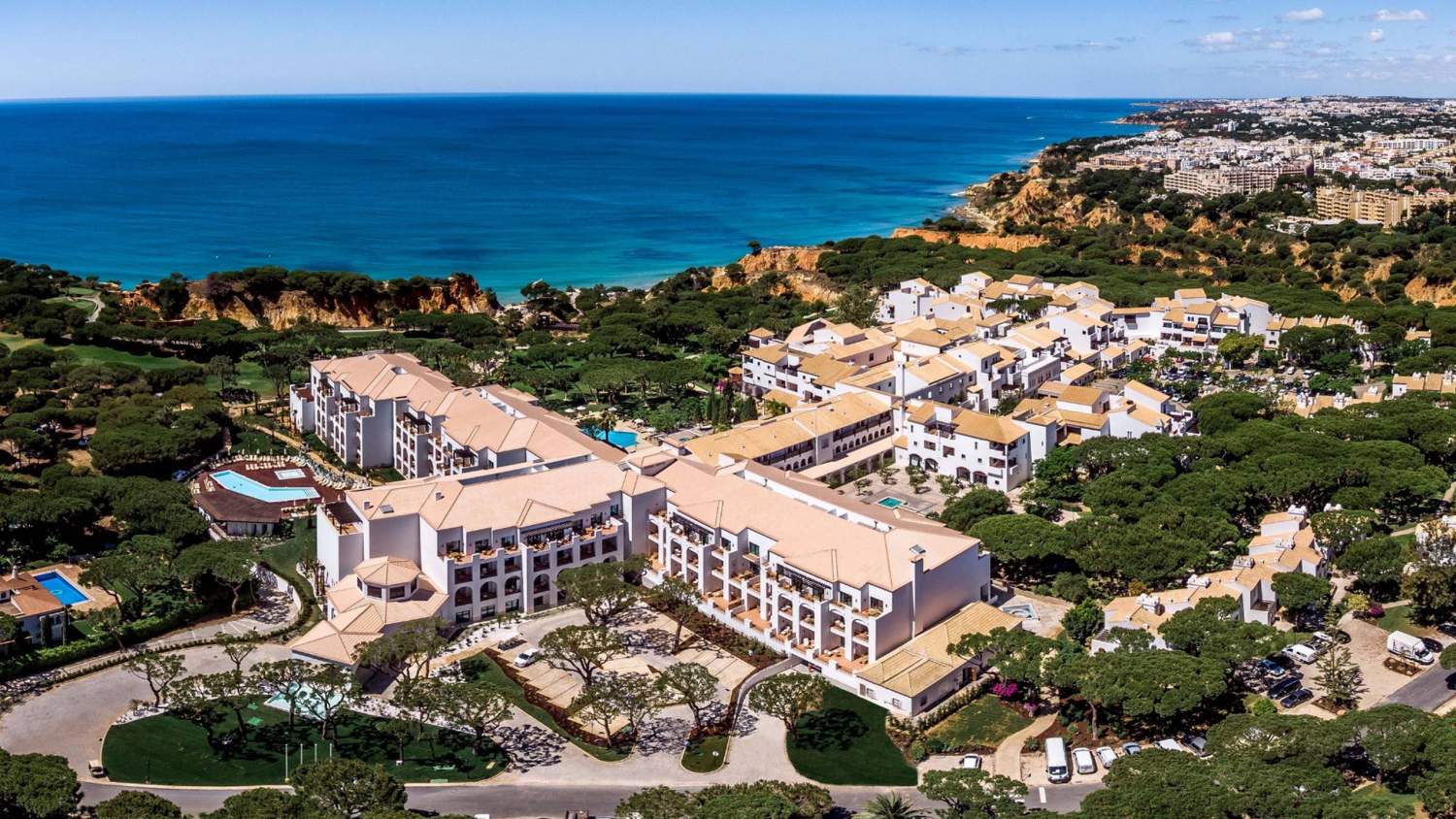
2- Avoid the masses
Every summer, European beaches are thronged with tourists—chiefly Europeans from large, landlocked cities. Portugal is no exception during the summer season, when the beaches of the Lisbon coast, from the capital to the small village of Cascais, are very crowded. Therefore, winter is a perfect time to peacefully explore the beaches and other attractions of the Portuguese capital. The Château Saint-George, the famous Tram 28, and the Belém Tower are much less crowded, but the line-up at the ultra-popular Pasteis de Belém pastry shop, where the traditional natas are said to have been conceived in 1837, is no shorter than usual. However, waiting is much more tolerable when temperatures are not hovering around 30°C!
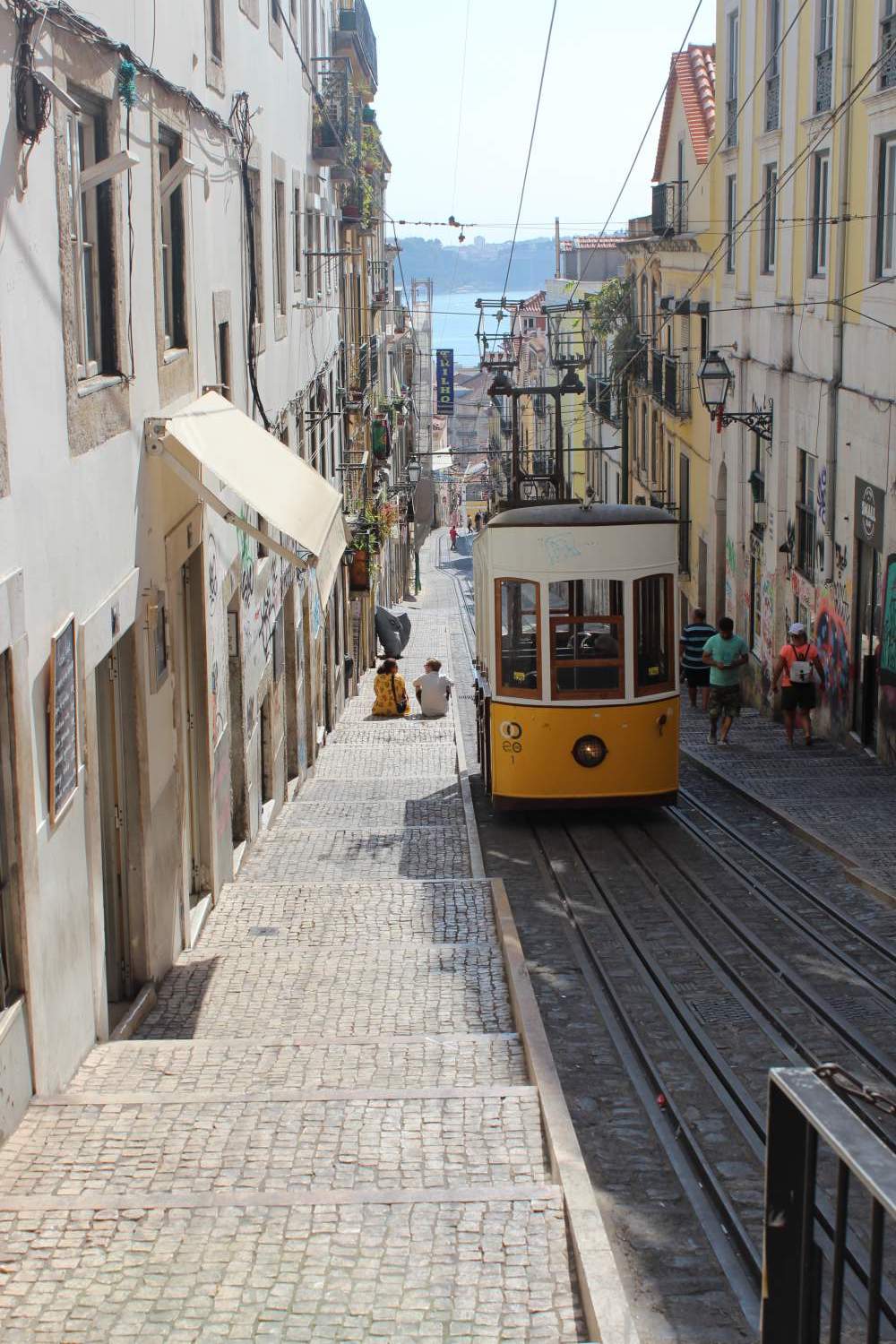
3- A different kind of beach vacation
Whether you choose the beaches of the Algarve or those of the greater Lisbon area for your winter holidays, the beach experience is far removed from the standard all-inclusive resort with its traditional lounge chairs. Enjoy the tranquility of the Portuguese beaches, rich with spectacular landscapes and sea air, take advantage of the deserted boardwalks to cycle or jog by the sea. And why not treat yourself to an exceptional stay near the beaches of Lisbon to breathe the sea air in the comfort of your hotel room? Whether you choose a historical castle converted into a boutique hotel in Cascais, the Farol Hotel Design, or a luxurious modern beachfront establishment in Estoril, the breathtaking InterContinental Cascais-Estoril, staying at the beach has never been so accessible. Take the opportunity to discover the fishing port and the historical village of Cascais by foot and take a trip to the Estoril Casino in the evening.
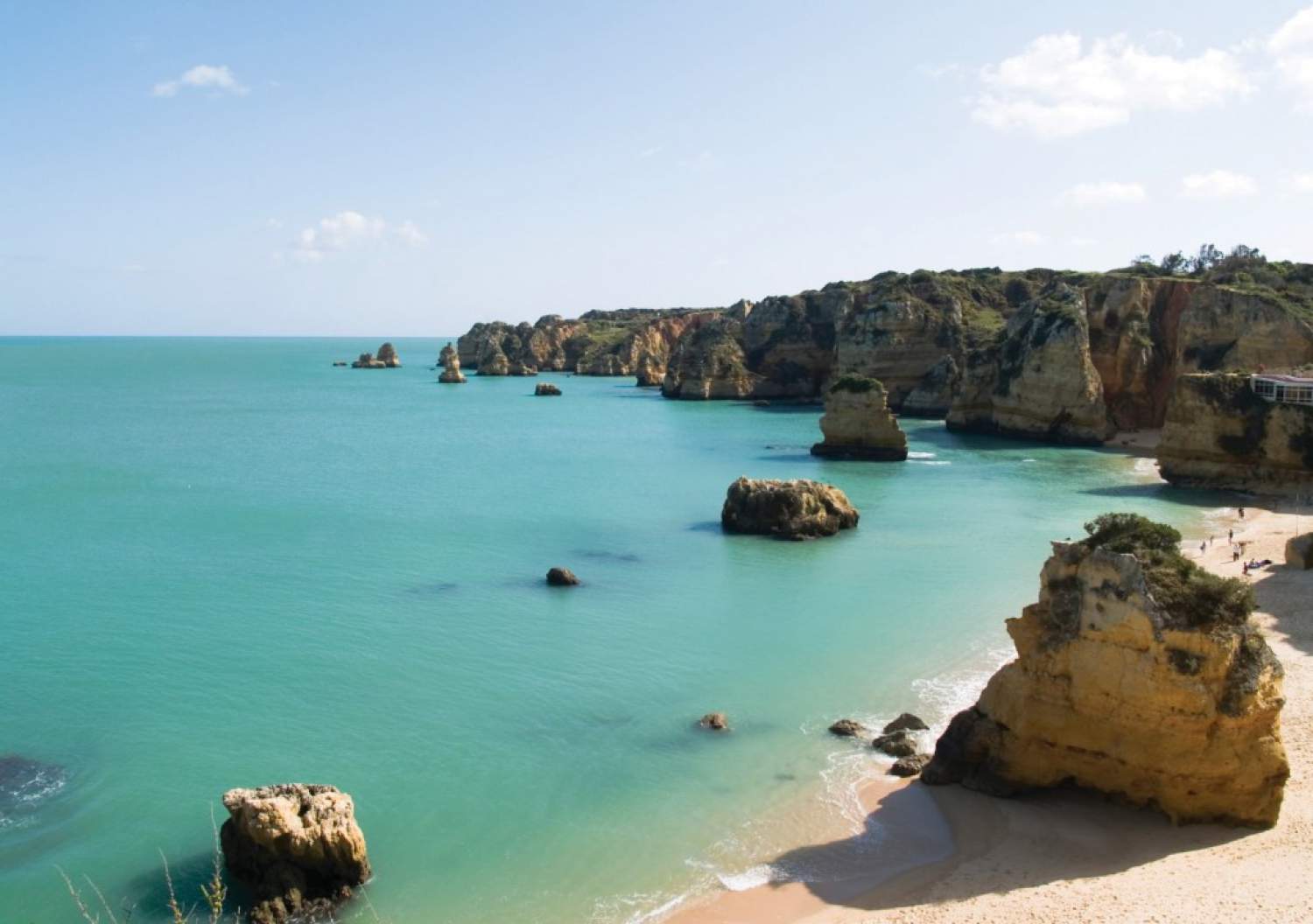
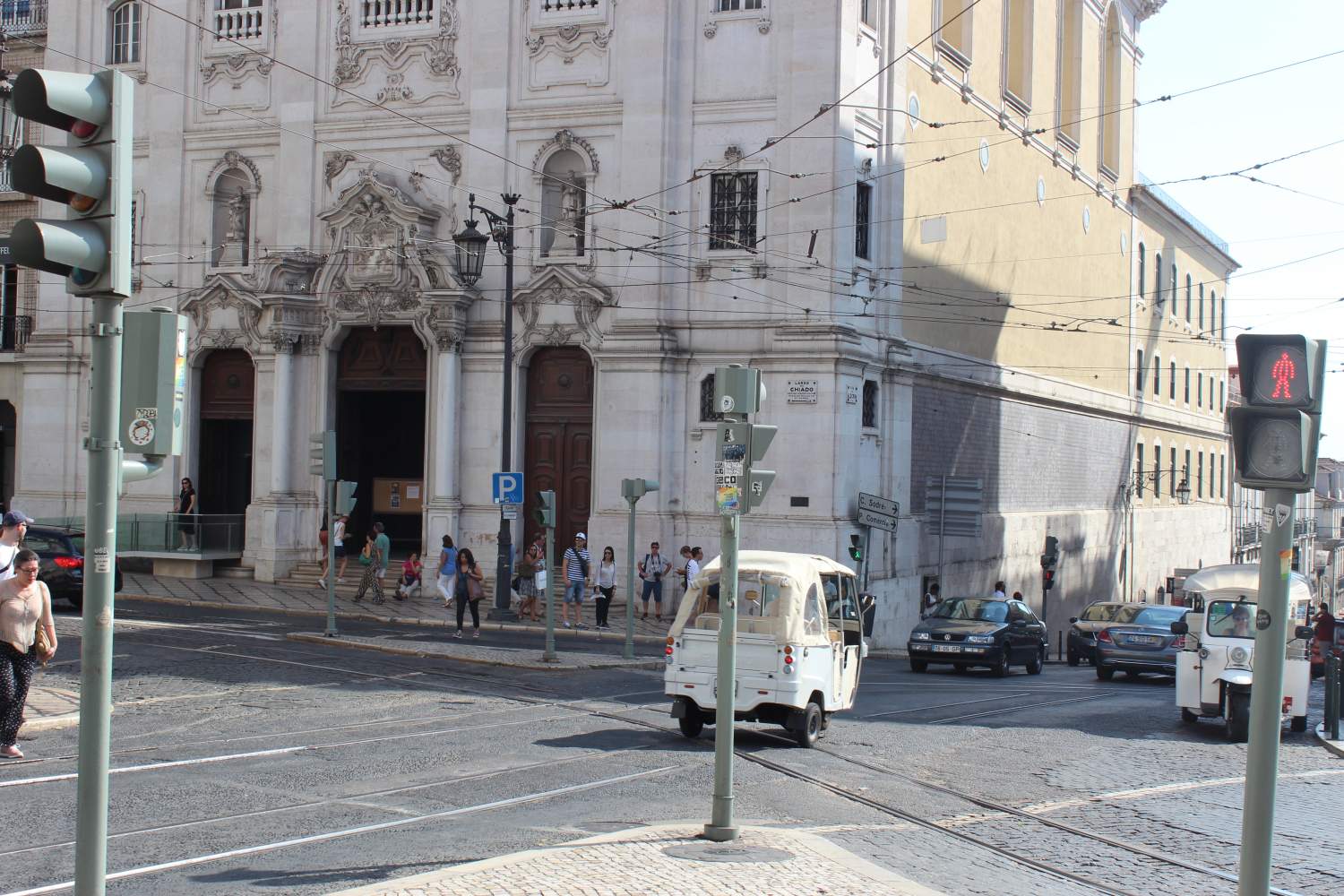
4- Disconnect and relax
The Algarve region has gained a well-earned reputation as a wellness destination, thanks to many new or renovated eco-friendly establishments that offer spa and health packages. Health tourism has boomed in this region of Portugal in recent years thanks to its unspoiled water and air. The Algarve region boasts a diverse range of modern spas and wellness centres, including Villa Termal das Caldas de Monchique Spa Resort., the only thermal spa in southern Portugal. Among other pleasures, this eco-friendly property offers thermotherapy and all-inclusive packages with accommodation, a range of state-of-the-art treatments, and healthy meals. The low season is the ideal time to relax and enjoy a true health retreat in a larger-than-life setting.
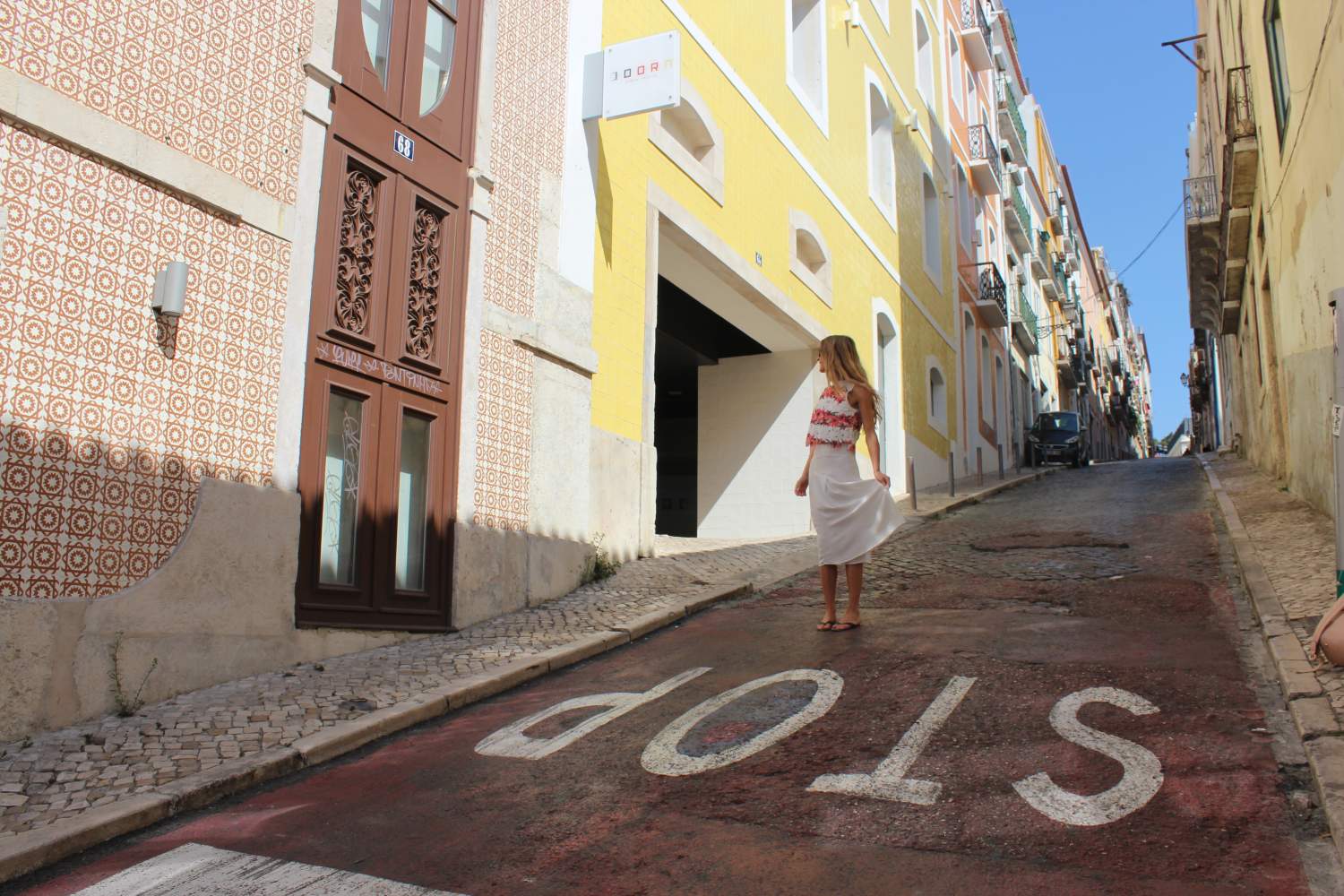
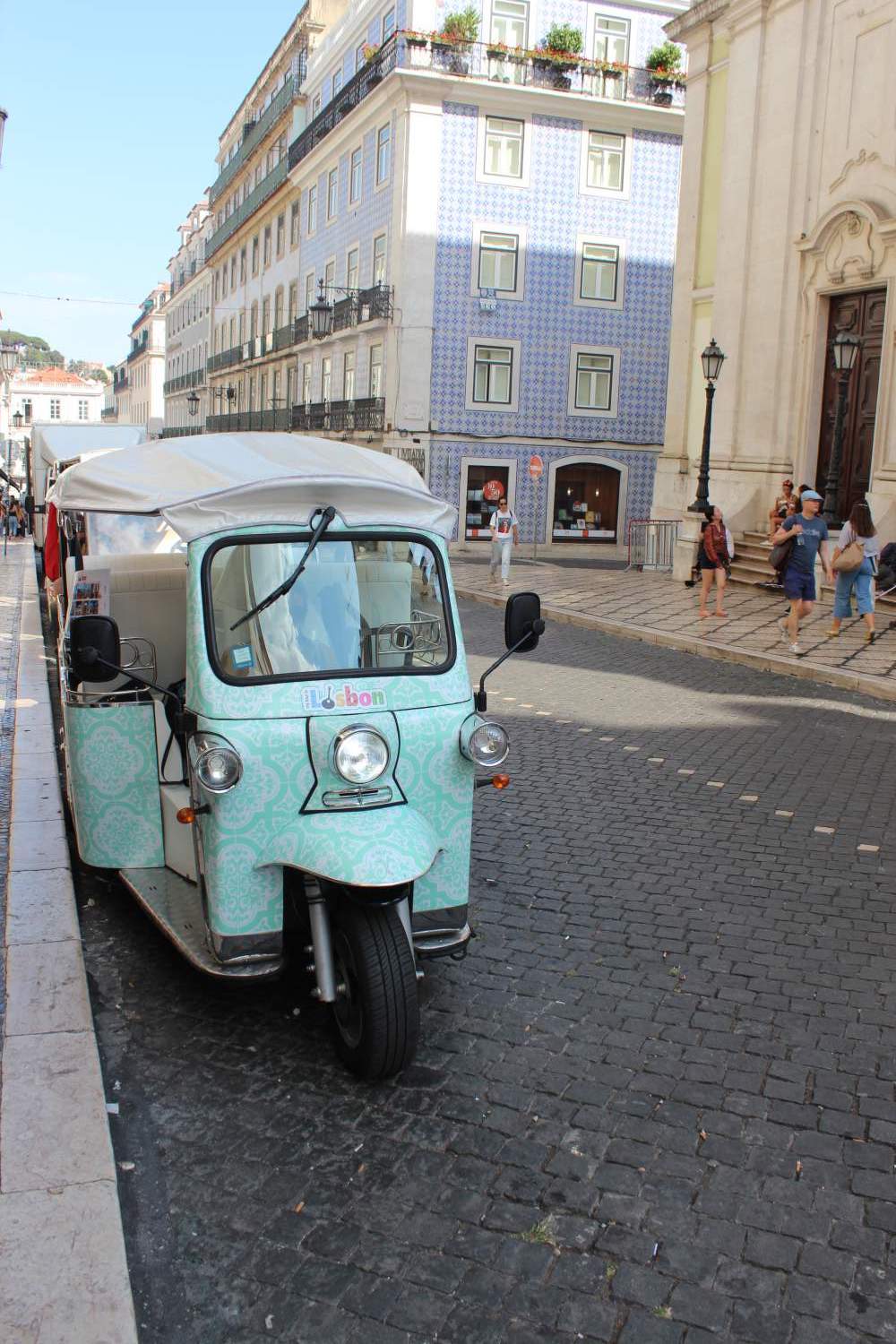
5 -Explore Lisbon “cool”
Lisbon, the capital, has become the epitome of cool. The neighbourhoods of Bairro Alto, Baixa, Chiado, and recently the hypermodern LX Factory district have become very fashionable. One of the joys of Lisbon is that its moderate size makes it easily explored on foot. You can start the day in the heart of the historic centre and finish the evening in one of the festive neighbourhoods perched at the top of the city. Lisbon has been modernized in recent years, now offering up-to-date restaurants and cafes like Dear Breakfast (breakfast restaurants are a novelty in Portugal) and the third-wave coffee joint Hello Kristof, a far cry from the traditional bica downed hastily at the counter of the neighbourhood pasteleria.
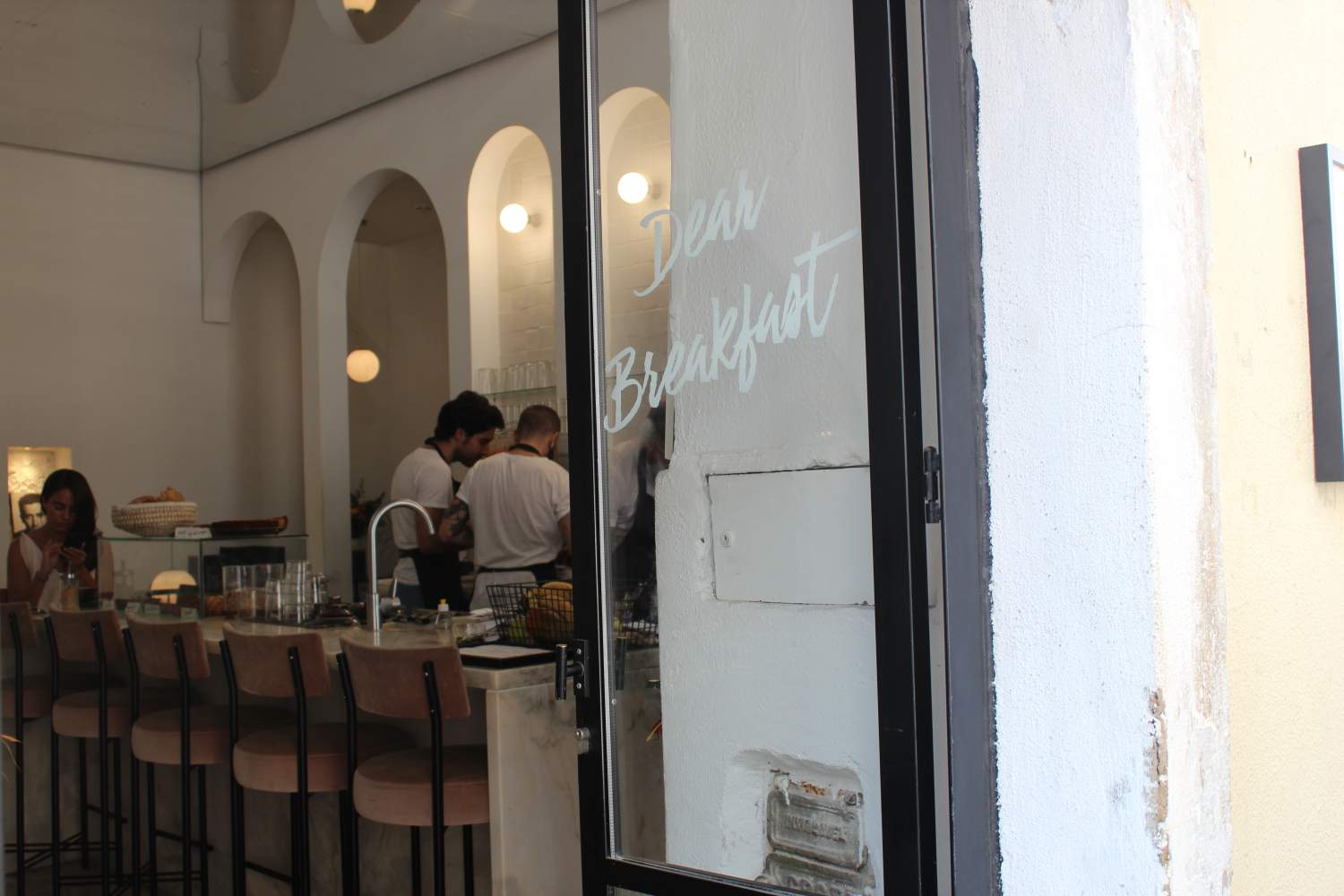
The «new» Lisbon offers a fascinating mix of the modern and the traditional. The relatively new Fabrica de Nata offers a fresh take on traditional pastries right next to the Cervejeria Pinoquio, an institution for more than 40 years. And for a really thrilling juxtaposition of eras, head to the new LX Factory district, where trendy shops, bars, and an outdoor market based in an old factory will remind you of New York’s Meatpacking District, while the Time Out Market Lisboa was the first gourmet food hall of its kind in the world.
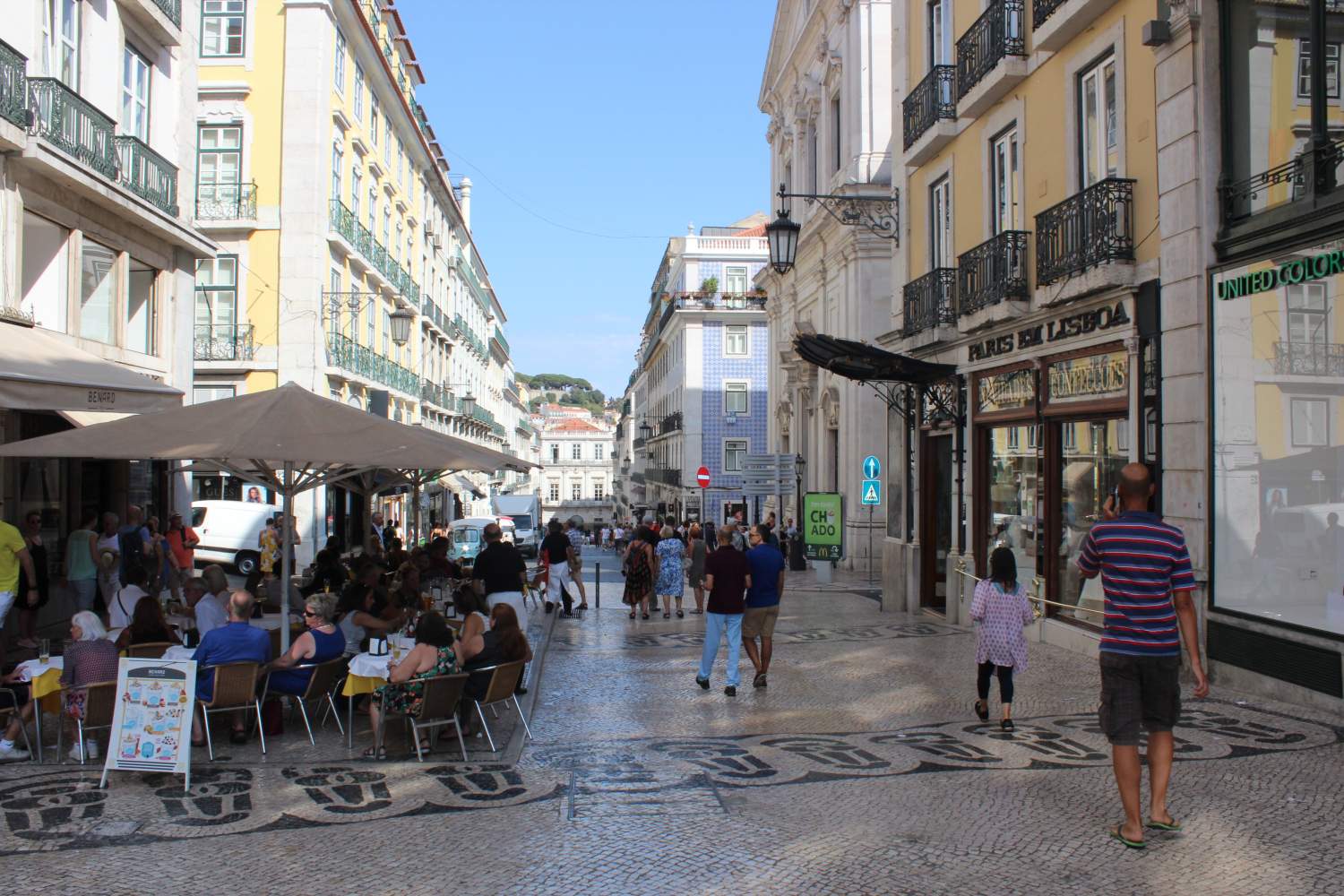

Photo credit: Catherine Maisonneuve
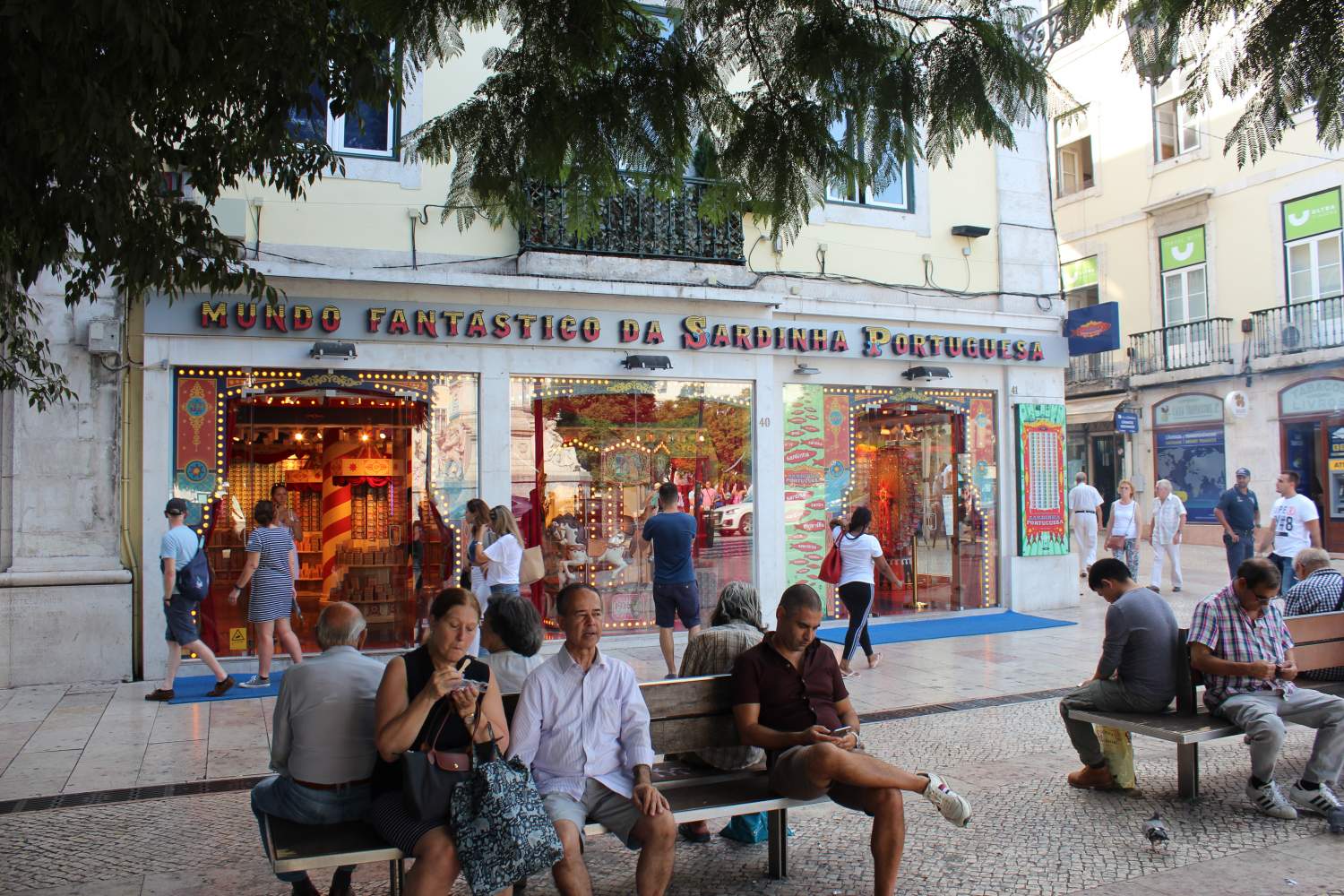
There is no doubt that Lisbon is a trendy and avant-garde city, brilliantly marrying modernity and history. Now, when are we booking our plane tickets?
The comments and contributions expressed are assumed only by the author. The recommendations, intentions or opinions expressed are not necessarily those of Transat AT Inc. or its affiliates. See terms of use of the Air Transat website.


